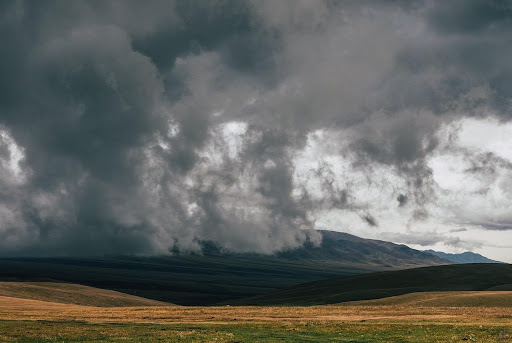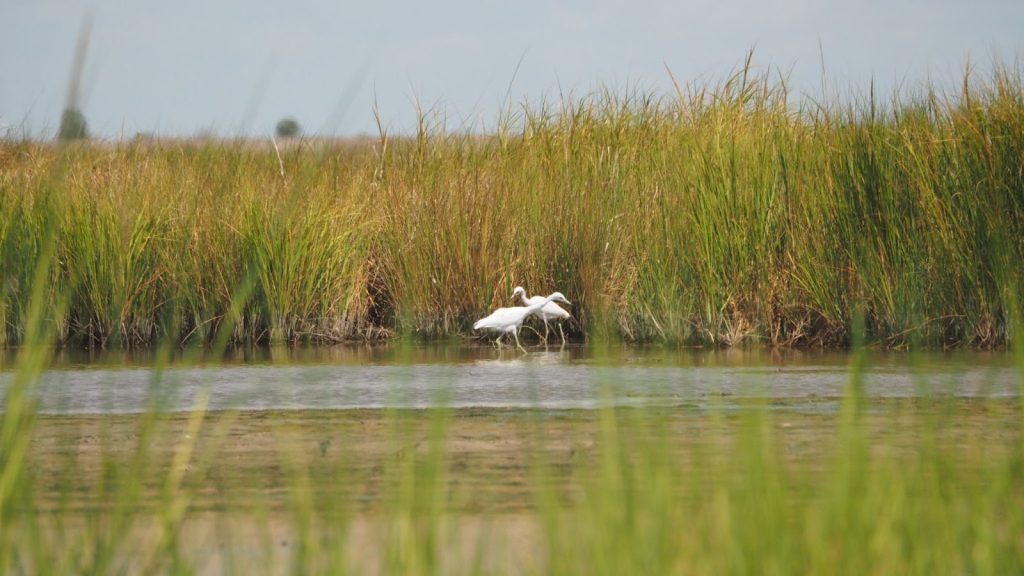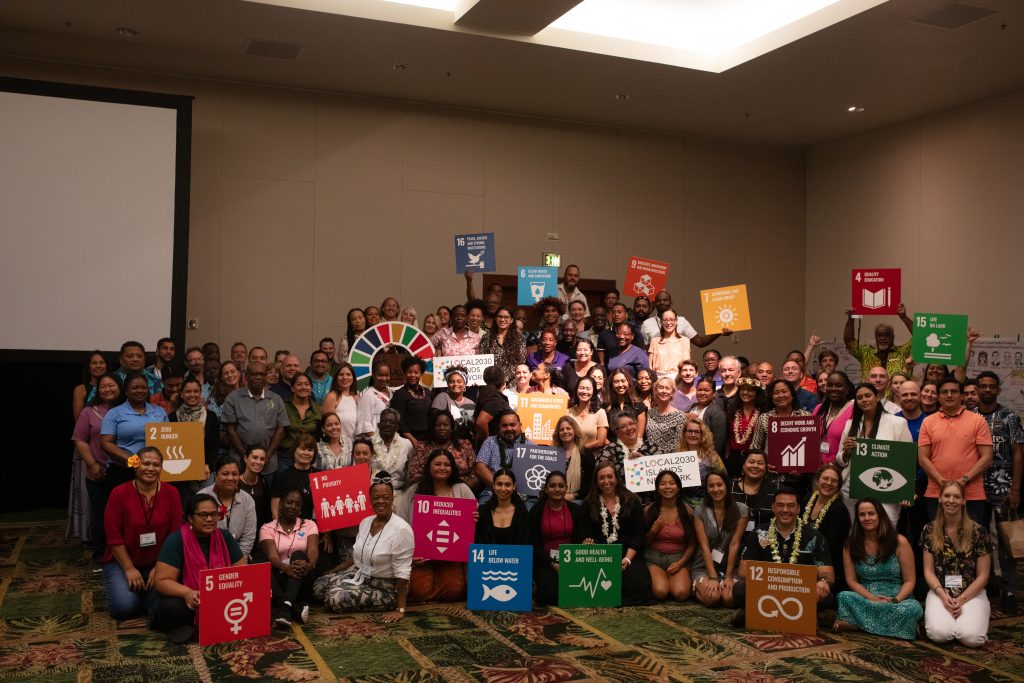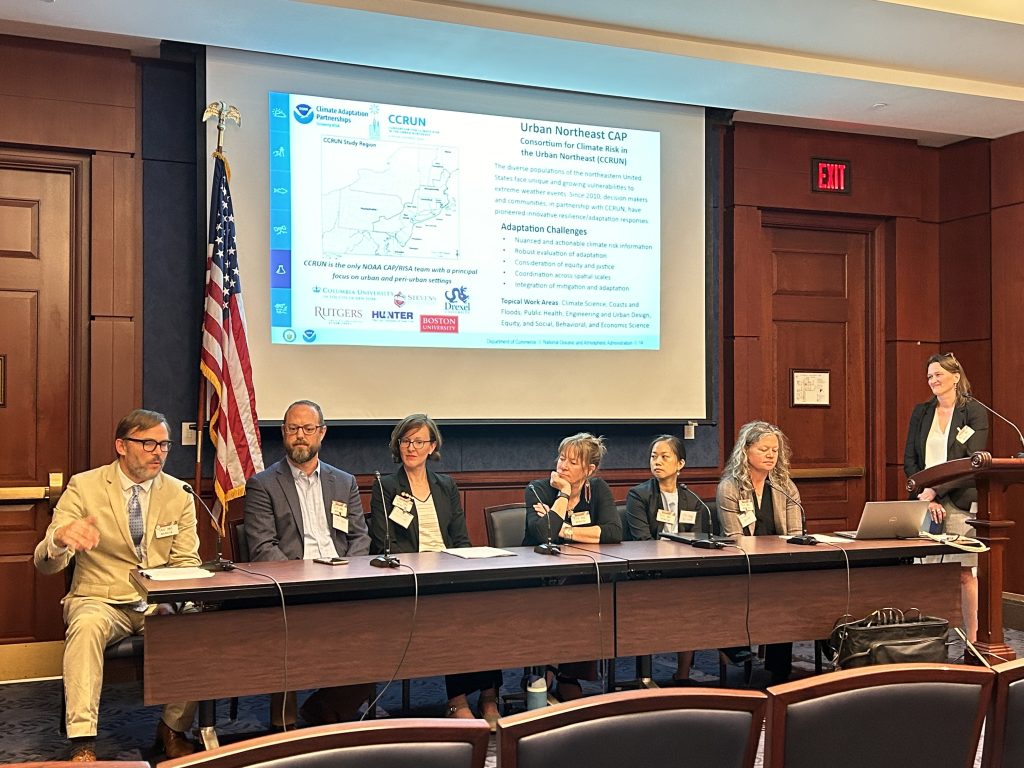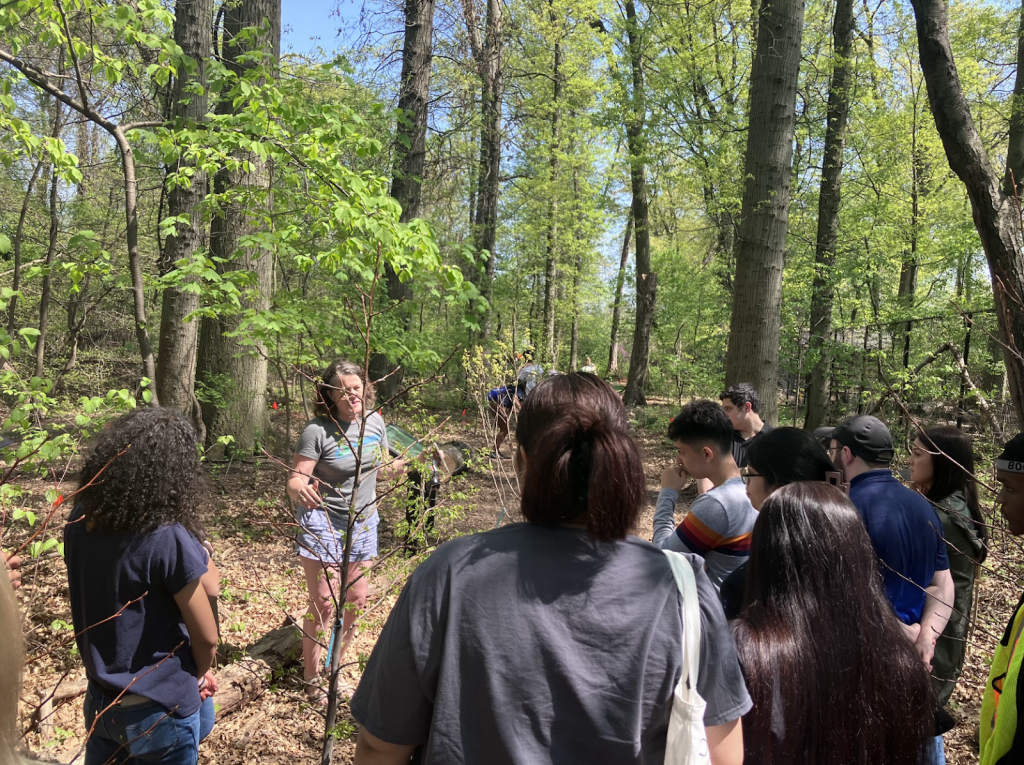NOAA Research Climate Program Office and NOAA Fisheries Office of Science and Technology announce $6.0 million in funding for eight projects under the Climate and Fisheries Adaptation Program
The Climate and Fisheries Adaptation program is announcing eight new three-year Fiscal Year 2023 projects focused on increased understanding and promoting the adaptation and resilience of U.S. marine fisheries and fishing communities to rapidly changing climate and ocean conditions.



